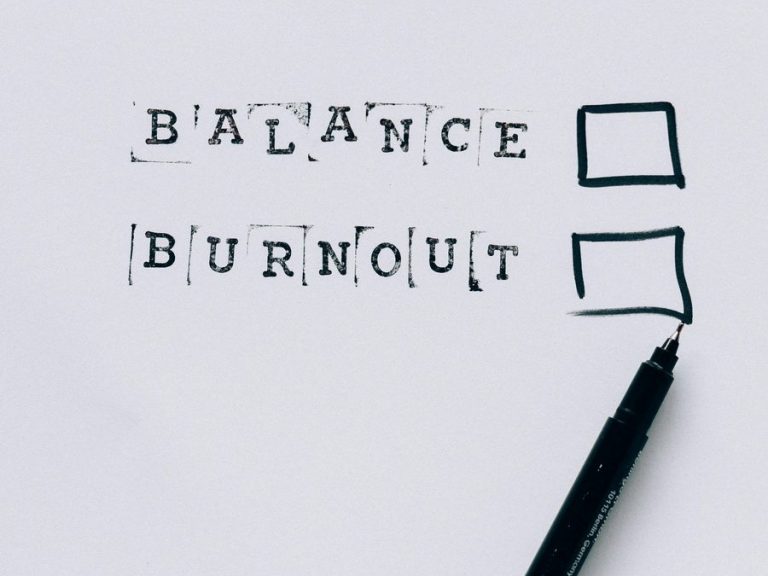What It’s Like to Work Through Brain Fog—And 4 Ways to Make It Easier
That was me this morning.
I had to visit the job site to verify whether the electrical installations aligned with the approved plans. It wasn’t supposed to be anything difficult—just a standard walk-through, making sure everything matched the drawings.
But the moment I arrived and unrolled the blueprints, something felt off. I stood there, staring at rows of symbols and circuit paths, but none of it was registering. My eyes were reading the lines, but my brain felt completely disconnected—like I was trying to decode a foreign language underwater.
I was physically present, but mentally… somewhere else. Like watching life happen from behind foggy glass.
That’s what brain fog feels like. And it’s not just an occasional bad day. Over time, it chips away at your focus, memory, and performance in ways that are hard to explain—but impossible to ignore.

The Moments Your Brain Just Quits on You
You know that feeling when you’re mid-sentence in a meeting, and suddenly your brain just… quits? Like someone hit the pause button on your thoughts, and now you’re stuck buffering in front of your entire team? Yeah, that.
Let me tell you about one of my worst experiences. I had been preparing a project progress report for two days—clean data, tight logic, slides polished to perfection. I was confident. But the moment I stood up to speak, my brain short-circuited. Totally blank. It was like someone unplugged my consciousness.
I stared at the screen, at the slides I’d built myself, and they looked like they were written in a foreign language. I could hear the silence in the room growing louder. My throat tightened, palms got sweaty, and the words coming out of my mouth sounded like a poorly tuned radio. I couldn’t string together a single coherent point.
I ended up mumbling something vague about “following up later” and sat down, cheeks burning, stomach sinking. Afterward, I had to awkwardly re-explain everything to my boss, point by point. For someone who usually prides themselves on being sharp and reliable, that moment felt crushing.
That’s brain fog. It’s not just feeling “tired” or “off.” It’s a mental blackout that makes you question your abilities—and sometimes even your worth.


When Brain Fog Hits, How Do You Cope?
If you’ve ever had to push through a workday while your mind feels like it’s covered in molasses, you know exactly what I mean: your body’s in the meeting, but your brain forgot to RSVP.
I used to think brain fog meant I just wasn’t trying hard enough—like I lacked focus or discipline. But over time, I realized it’s not a weakness. It’s a signal. A warning light on the dashboard of your brain.
Just like a computer slows down when too many tabs are open, our minds get sluggish when we’re overloaded, under-rested, or overwhelmed. Since we can’t always avoid foggy days, the next best thing is learning how to navigate through them. Here are a few tactics that have helped me:

1. Mental Cushioning: Don’t Fight It, Acknowledge It
The first step? Allow yourself to feel foggy. Quietly tell yourself, “Okay, my brain’s offline right now, but it’s temporary.” That small act of grace can be way more effective than mentally shouting “snap out of it!”
2. Buy Yourself a Pause
Fake a water break, flip through notes, or say, “Give me a sec to gather my thoughts.” Even 10 seconds of buffer time can be enough to reboot your brain just a little.
3. Lower the Bar, Focus on Clarity
Don’t aim to be brilliant—aim to be understood. When you let go of the pressure to be perfect and instead focus on just getting your point across, the mental load lightens fast.
4. Let It Go, Don’t Replay the Tape
If a moment didn’t go well, resist the urge to replay it on loop. Chances are, no one else noticed nearly as much as you did. Extract the lesson, ditch the guilt, and move on.


Final Thought:
Brain fog is becoming a pretty normal part of modern life. It’s your mind’s way of waving a little white flag—“Hey, I need a break.” You’re not alone. I’ve been there, and maybe you are too. The key isn’t to panic or push harder. It’s learning to roll with it, reset, and come back stronger.

Let’s Talk About It

Have you experienced brain fog too? What did it feel like for you?
Drop a comment and share your story—whether it was a funny moment, a rough day, or something that actually helped you get through it. I’d love to hear how others are navigating the fog.
Your experience might be just what someone else needs to read today.
And if you’ve got a tip or trick that’s worked for you, let me know! I’m putting together a follow-up post on how to beat brain fog—your input could be featured.

